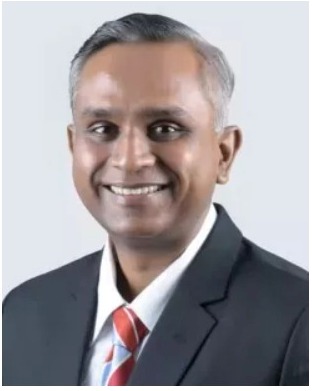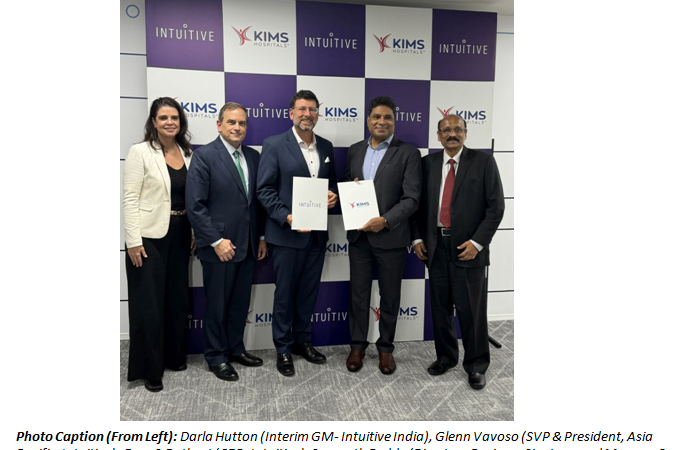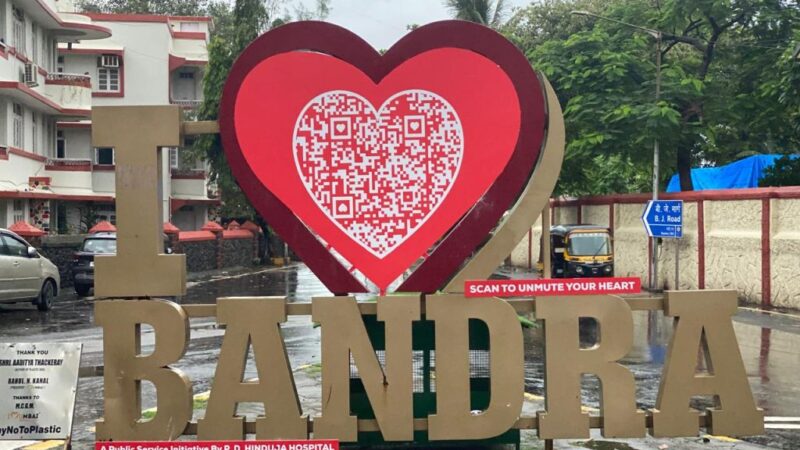India & Bahrain Set for Health Trade Boom Amid Growing Demand

| India & Bahrain are set for a boom in health trade amid a GCC-wide increase in demand for pharmaceuticals and medical devices.
Speaking at a webinar highlighting opportunities between the two countries, India Ambassador to The Kingdom of Bahrain Piyush Srivastava said, “India’s position as the ‘pharmacy of the world‘ can be further strengthened through new Gulf partnerships.” Current estimates suggest that the pharmaceutical industry across the GCC – particularly in Bahrain, Saudi Arabia and the UAE – is worth approximately $20 billion with demand set to increase. Yet as many as 80 percent of products are imported from outside the region, creating a major opportunity for healthcare exporters like India – the world’s largest provider of generic drugs – to set up shop. Highlighting the “immense opportunities” for Bahrain as a strategic healthcare investment hub, Ambassador Srivastava said, “India has a good presence in the pharmaceutical and homeopathy sectors in Bahrain and aspires to further collaborate by contributing to the already strong healthcare infrastructure. There are ample opportunities and a conducive environment for setting up manufacturing units locally in joint ventures or the public-private partnership model.” With a rapidly growing population driving demand for new medical services and technologies, healthcare is a critical policy focus area for the Bahrain government. In line with its Vision 2030, the Kingdom is focused on becoming a leading centre for modern medicine, offering high-quality and financially sustainable care for patients throughout the GCC region. In the next decade, the population of Bahrain is expected to reach approximately 2.2 million, an increase of 55% from 2016, driving significant healthcare and hospital bed demand. There is a significant market gap for specialized healthcare provision in fields such as haematology, genetic disorders, rehabilitation, diabetes management, gastroenterology and more. Tala Fakhro, Executive Director, Market & Strategy Intelligence at Bahrain EDB said, “Healthcare has long been a critical focus area for Bahrain’s government, which has ambitions of making Bahrain a leading centre for modern medicine. The region’s population, which has a clear unmet need in many disease areas, is growing fast, and Bahrain offers global pharmaceutical and medical device manufacturers unparalleled access to this rapidly developing market.” In December last year, Bahrain Specialist Hospital collaborated with Apollo Hospitals – which treats more than 60,000 GCC citizens annually in India – to launch a new cardiac centre in the Kingdom. The facility offers state-of-the-art Cath Lab, Cardiac Critical Care Units and an Intensive Care Unit providing advanced comprehensive cardiac care. An experienced team of doctors, nurses, technicians, and paramedics are set to be deployed from the Apollo Heart Institute in Hyderabad once the centre launches. India-Bahrain commercial ties can be traced back 5000 years, and bilateral trade currently stands at approximately US$1.3 billion. There are more than 3,000 registered joint ventures between the two countries, as well as dozens of prominent Indian companies with registered branches in the Kingdom. “Now, in light of the catalytic influence of the global pandemic, the Bahrain-India partnership is once again on the cusp of exciting change. We share Ambassador Srivastava’s optimism regarding pharmaceuticals and medical devices and look forward to discussing in more detail how the ‘pharmacy of the world’ can best establish business ties in these exciting fields with the Gateway to the Gulf,” Ms. Fakhro added. In 2019, Prime Minister Narendra Modi made the first-ever official visit to Bahrain by an Indian PM, paving the way for greater trade collaboration between the two nations. Last year it was revealed that as many as 56 Indian businesses were in talks with Bahraini authorities over investment plans. |
(Disclaimer: The above press release comes to you under an arrangement with Newsvoir India and this publication takes no editorial responsibility for the same.)







